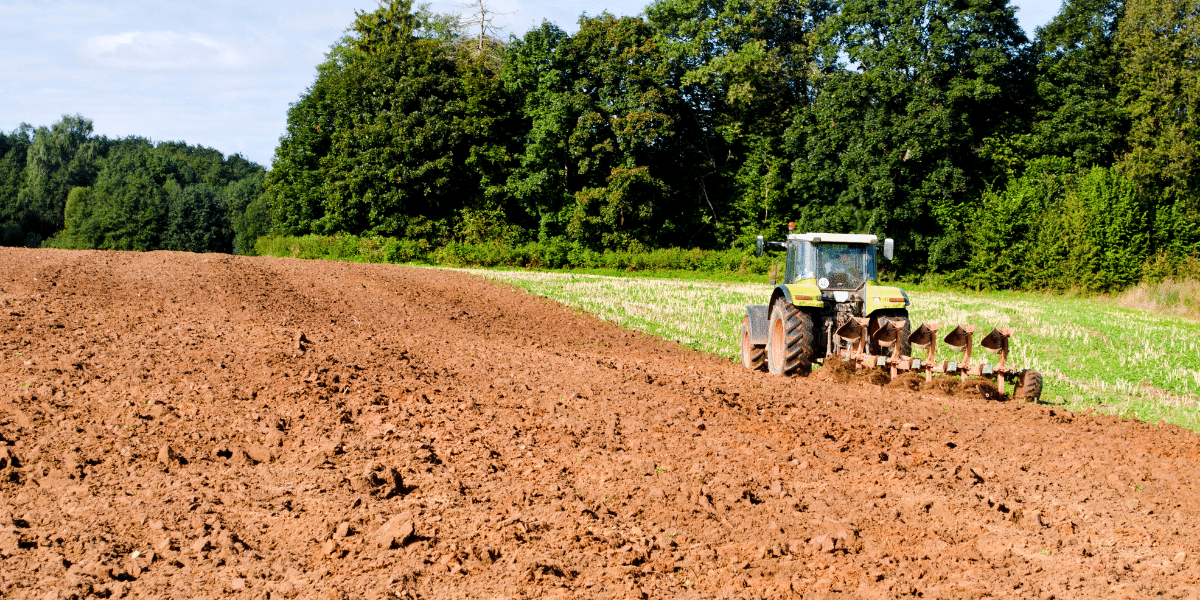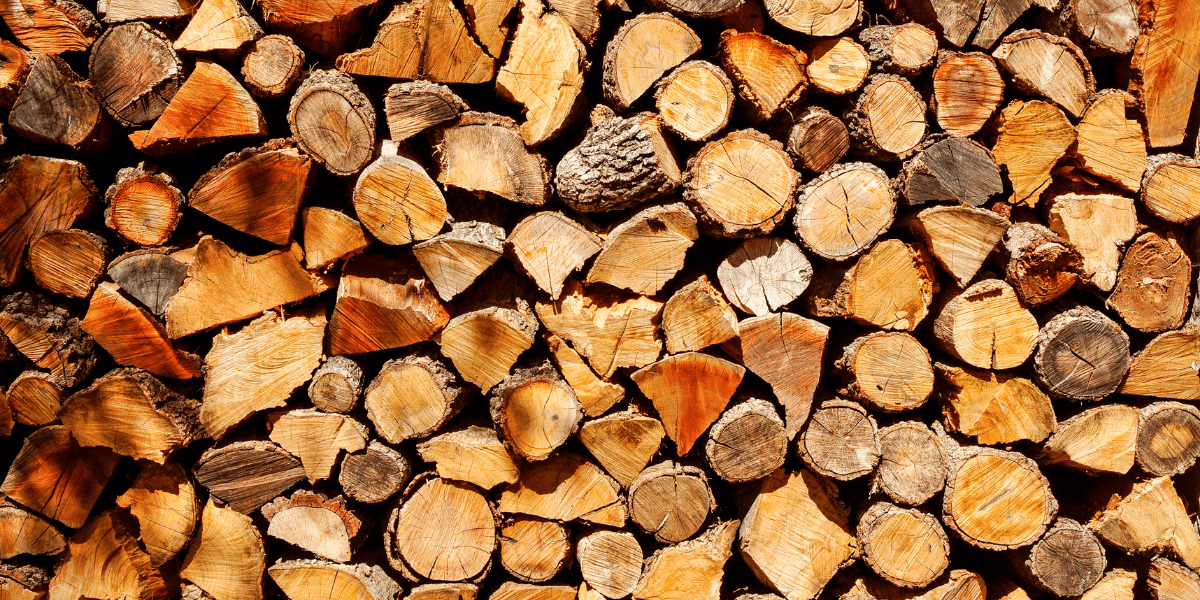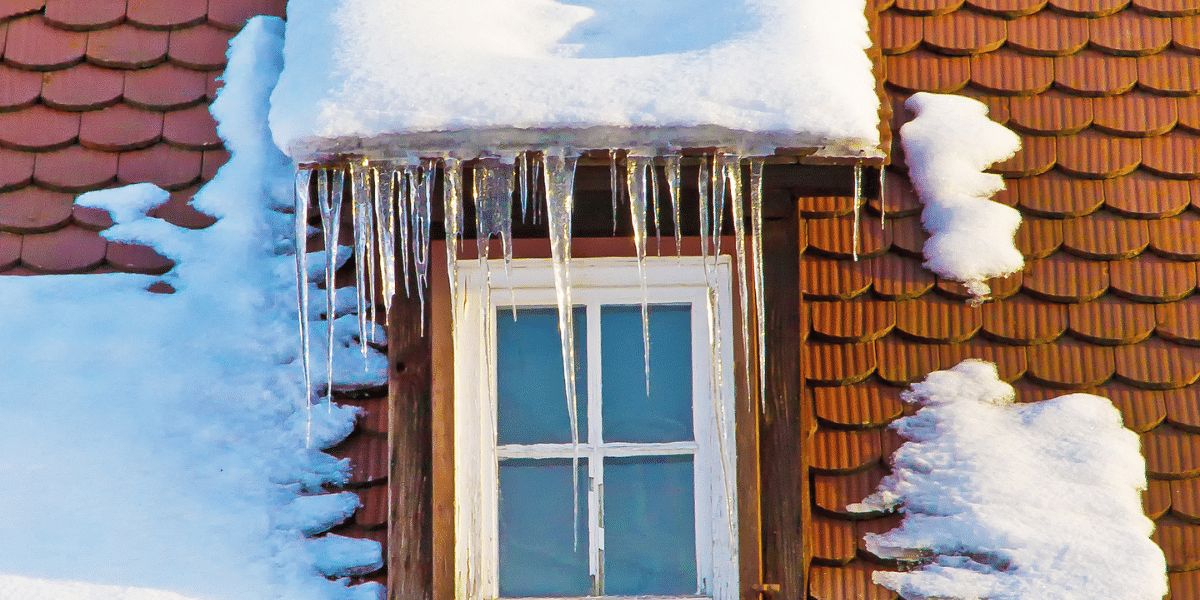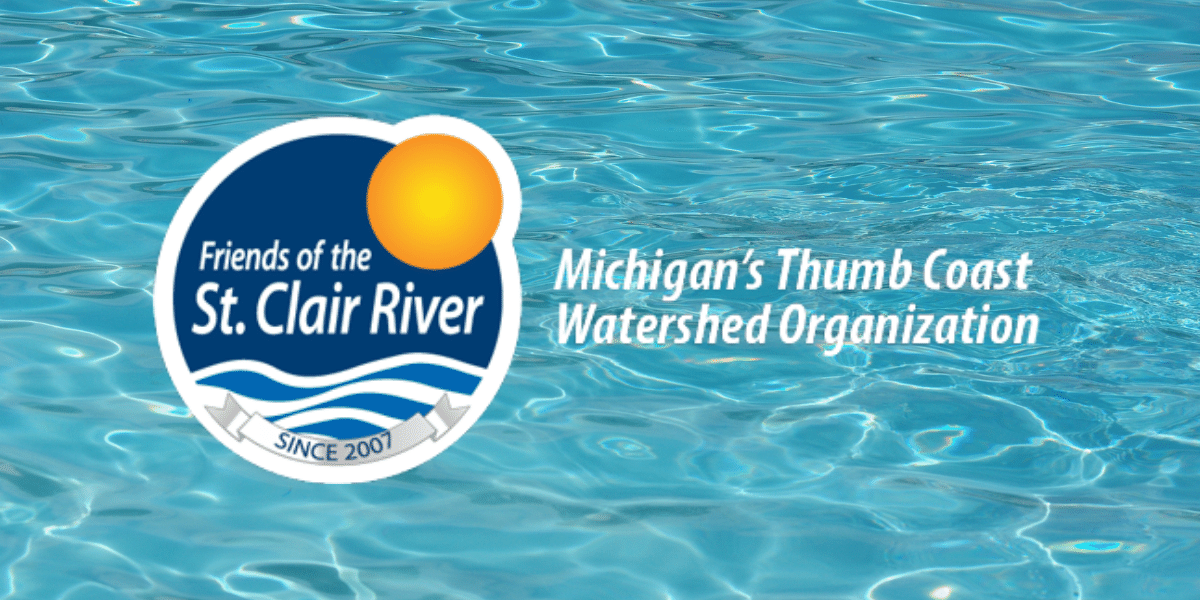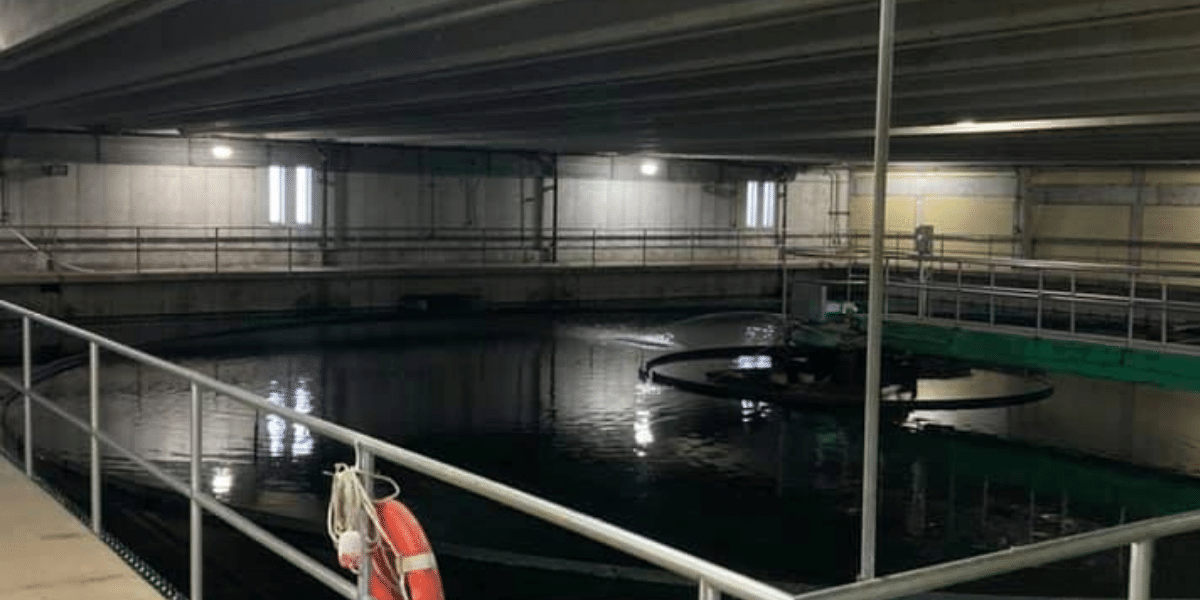Blue Water Conservation District Awarded MDARD Funding
The Blue Water Conservation District was a big winner in the $9.7 million allocation of grants for soil, water, and wildlife protection. The Blue Water Conservation District serves St. Clair, Sanilac, and Macomb counties.
Gary McDowell, Director of the Michigan Department of Agriculture and Rural Development, said, “This funding will help support and elevate our conversation district partners. These funds will allow districts to identify and prioritize the most pressing needs in their communities and ensure landowners have access to technical assistance for their farms.”
The Blue Water Conservation District received a $40,000 grant for basic operations, two $73,500 grants as part of the Michigan Agricultural Environmental Assurance Program, and $77,000 from the Conservation Technical Assistance Initiative. They also received $78,500 from the Produce Safety Program.
The Blue Water Conservation District has the goal to “Assist the people of the Blue Water area in the wise use and management of their natural resources for a healthy environment and sustained economic growth.”
Reporting for WGRT – Jennie McClelland

